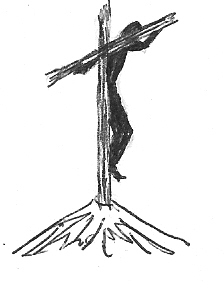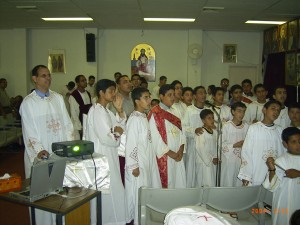
Do you know what it is like to be a bat?
I have been doing some reading on the tantalising question of what human consciousness is, and it has led me to some very strong arguments for the limitations of scientific explanations.
The natural enemy of the Christian faith today is no longer paganism as it was in the Apostolic age, but naturalism: the idea that nothing exists except that which is physical, made of matter and energy. The naturalist therefore only accepts that which you can examine scientifically and objectively. Anything outside this definition is considered not to exist or be real. Thus of course, the very idea of a supernatural God is unacceptable to the naturalist.
But human consciousness seems to pose an insoluble problem for the naturalist. In 1974 Serbian-American philosopher Thomas Nagel published a paper titled “What is it Like to be a Bat?” In it, he pointed out that no amount of objective, scientific knowledge can tell us what it feels like to be a bat. OK, maybe we can imagine flying like a bat, since we have our own similar experiences of flying in airplanes or floating under parachutes. But whereas we humans mostly experience the outside world through our sense of sight, bats mostly experience the outside world through a sense we do not possess: echolocation. They emit high pitched sound waves that bounce off their surroundings and they have specialised, highly sensitive sensors for picking up the reflected waves and creating a mental picture of the world around them. It’s a kind of natural sonar system. Continue reading “What Drives Atheists Batty.”






